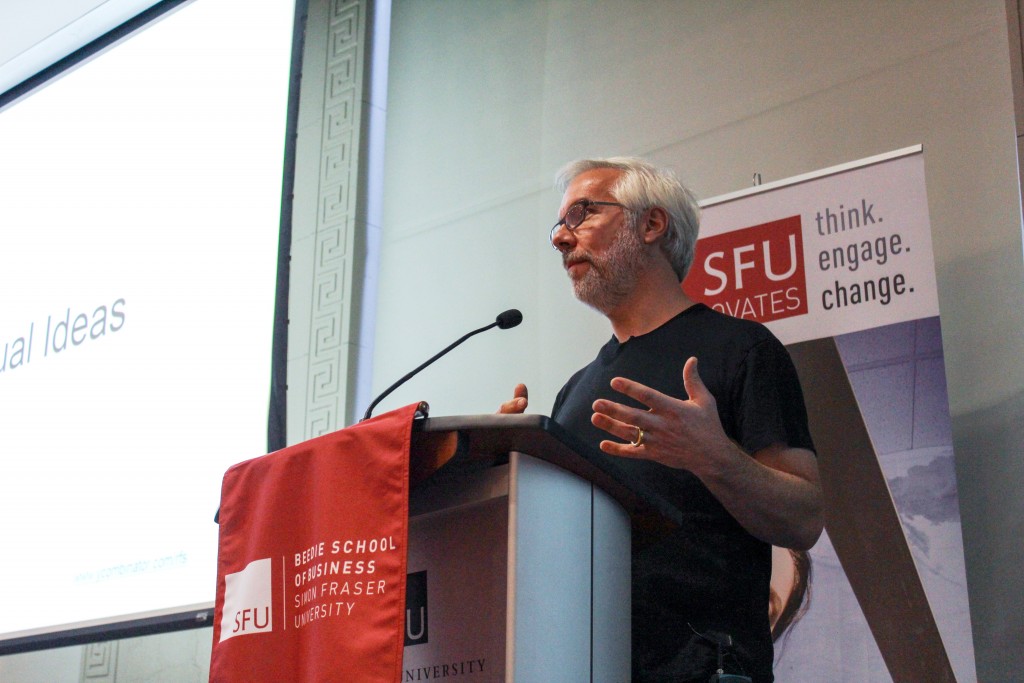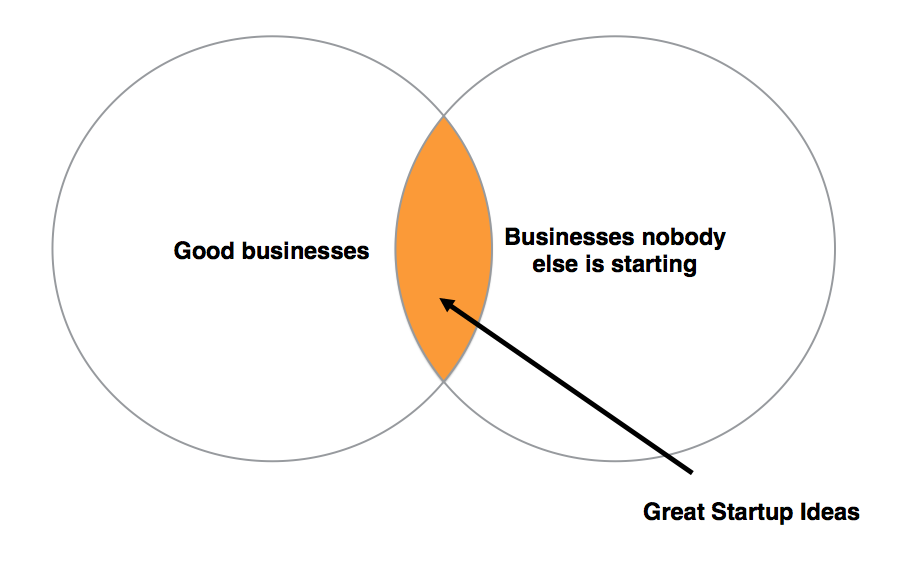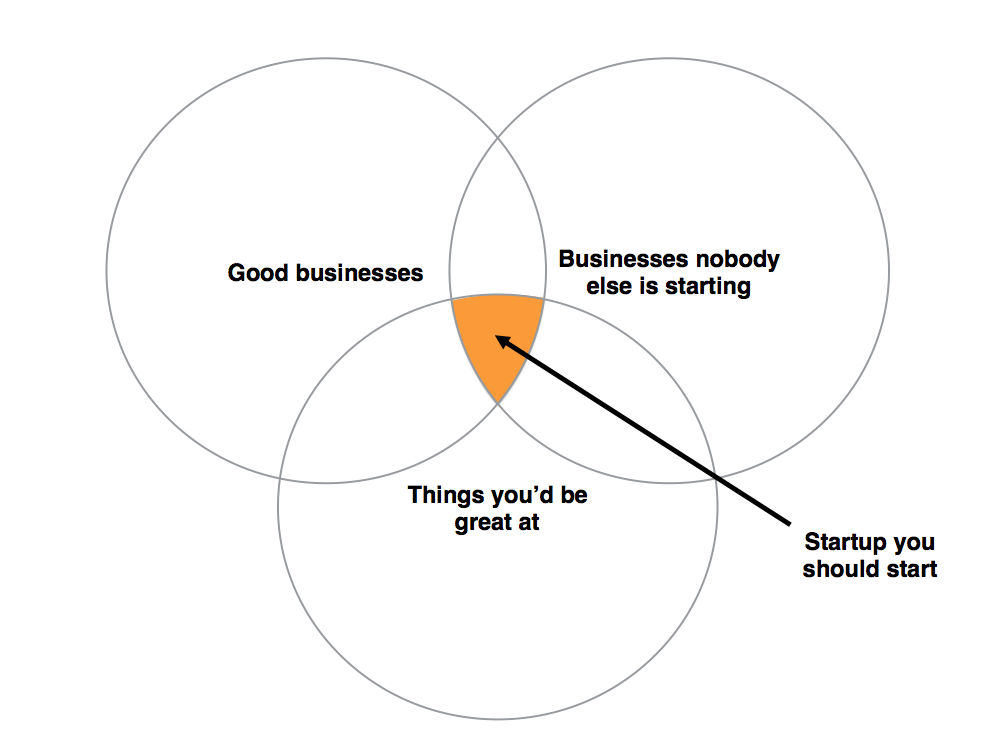A company that makes…companies
Oct 09, 2015
Trevor Blackwell, CEO of Y Combinator, spoke on How to Make Something People Want at the Segal Graduate School.
The friendly modesty of Trevor Blackwell, CEO of Y Combinator – a company that makes companies (more on that in a moment) – is a stark contrast to the profound, massive way Y Combinator has been changing the world for the better.
In his October 5 presentation at SFU’s Beedie School of Business, Blackwell – to a standing-room-only audience – offered advice that was brilliant in its simplicity.
The entrepreneurial startups Y Combinator has funded and supported – or currently supports – is staggering:
- Valuation of Y Combinator (YC) funded companies: + $65 BILLION
- Total money raised by all YC companies: + $7 BILLION
- Number of startup companies funded by YC: 940
Blackwell imparted refreshingly simple wisdom and experience about starting a startup. Overwhelmingly, it was clear that his and Y Combinator’s focus are people-centric: the critical importance of the “fit” of the startup founders – and how the new company will better peoples’ lives, and the world.
Y Combinator has funded, supported and advised a number of household names: reddit, Pebble and Dropbox, to name only a few. Every year, the company calls for funding applications – and 6,000 come pouring in.
Those 6,000 applicants are whittled down to 450, who are all interviewed by the Y Combinator team over a 10-day period. Of the interviewees, one-third are accepted, and provided with funding of $120,000 for a year to turn their dreams and ideas into reality.
Y Combinator doesn’t obsess over the possible failure of the startups they support. They’ve got a simple formula they believe leads to success – and Y Combinator’s got a track record to back it up.
First, Blackwell said most importantly, the company looks closely for the right match of co-founders. “They’ve got to be people you really like working with – and working with for a long time. It shouldn’t just be a gathering of convenient skill sets”.
So, the right group of founders is established: when’s the best time to get started? “The best time for a startup is a few years before it seems like a good idea. Look at what’s changing in the world; put yourself into the future.”
And from there, what’s the right service or product to generate? “It’s probably not best to do a full-frontal attack on a company that’s doing a great job already. It’s more important to find a niche in an existing sector – or a completely new sector – and take over that space.” Blackwell cited Google Translate as an example of something deeply-needed, functional, useful – and an outstanding success.
“You need to have the right founders; the right chemistry of people working together. You have to have an idea with big potential, and it’s best if you can try it out on a big marketplace; millions of people. You need to be thinking the question ‘Why hasn’t anyone else done this before?’ You have to ask yourself a lot of hard questions to find out if your product or service has merit that benefits future consumers – and changes the world in a positive way.”
The future of new ideas and inventions and services is clearly coming from startups, Blackwell said, and Y Combinator looks to the past to build the future.
“Imagine if you went back to the 1970’s or 1980’s, and told all of the massive companies that in 30 or 40 years, all of the big game-changing, life-changing inventions would be coming from small startups. They wouldn’t believe you – and a lot of other people would have thought the same. But it’s true for the 21st century – it’s startups that’ll be changing the world, and making it a better place.”
For more information about Y Combinator, visit: www.ycombinator.com
Trevor Blackwell grew up in Saskatoon, SK, and graduated from Carleton University, subsequently earning his PhD from Harvard. Establishing a career in Silicon Valley as a computer programmer, an engineer and entrepreneur, he sold his second startup, Viaweb, to Yahoo! in 1998 for $50 million.
About SFU Beedie
Twitter •

